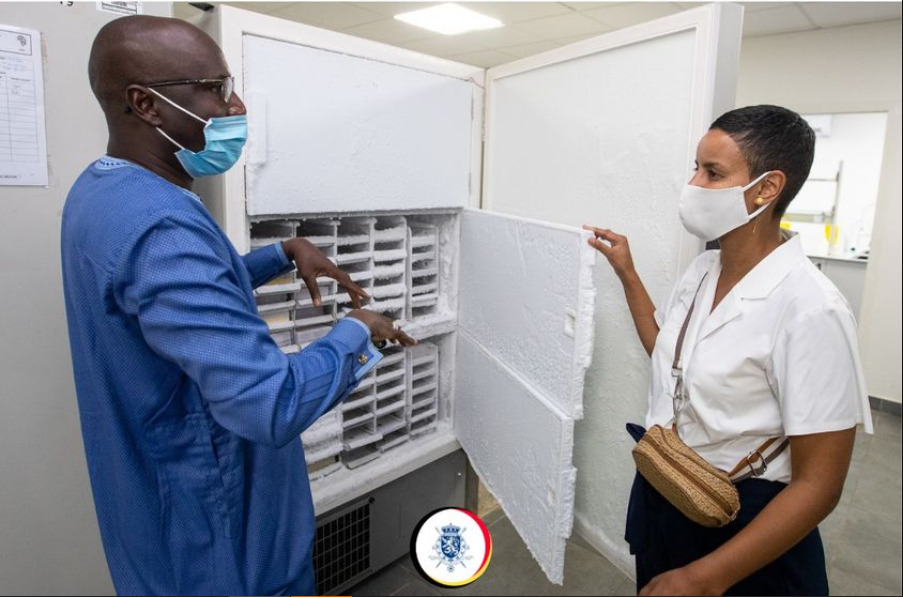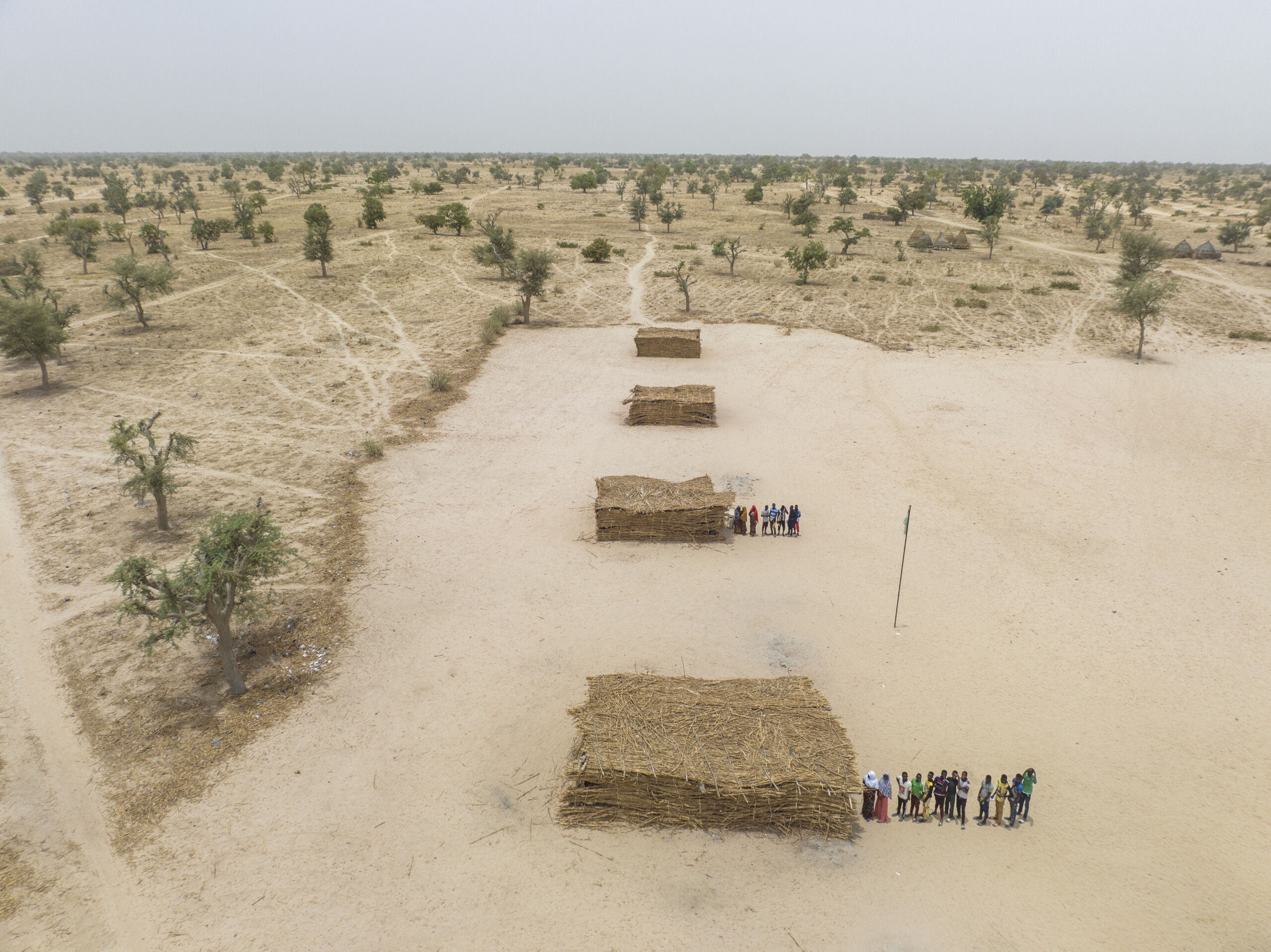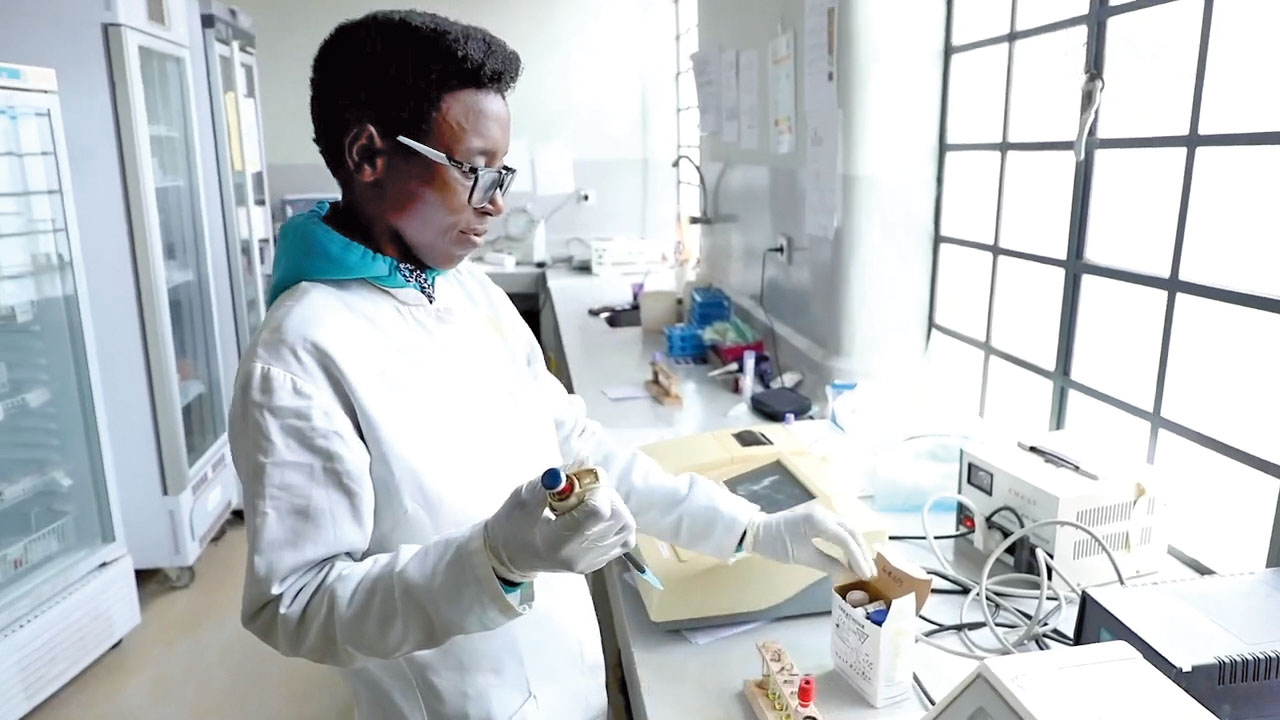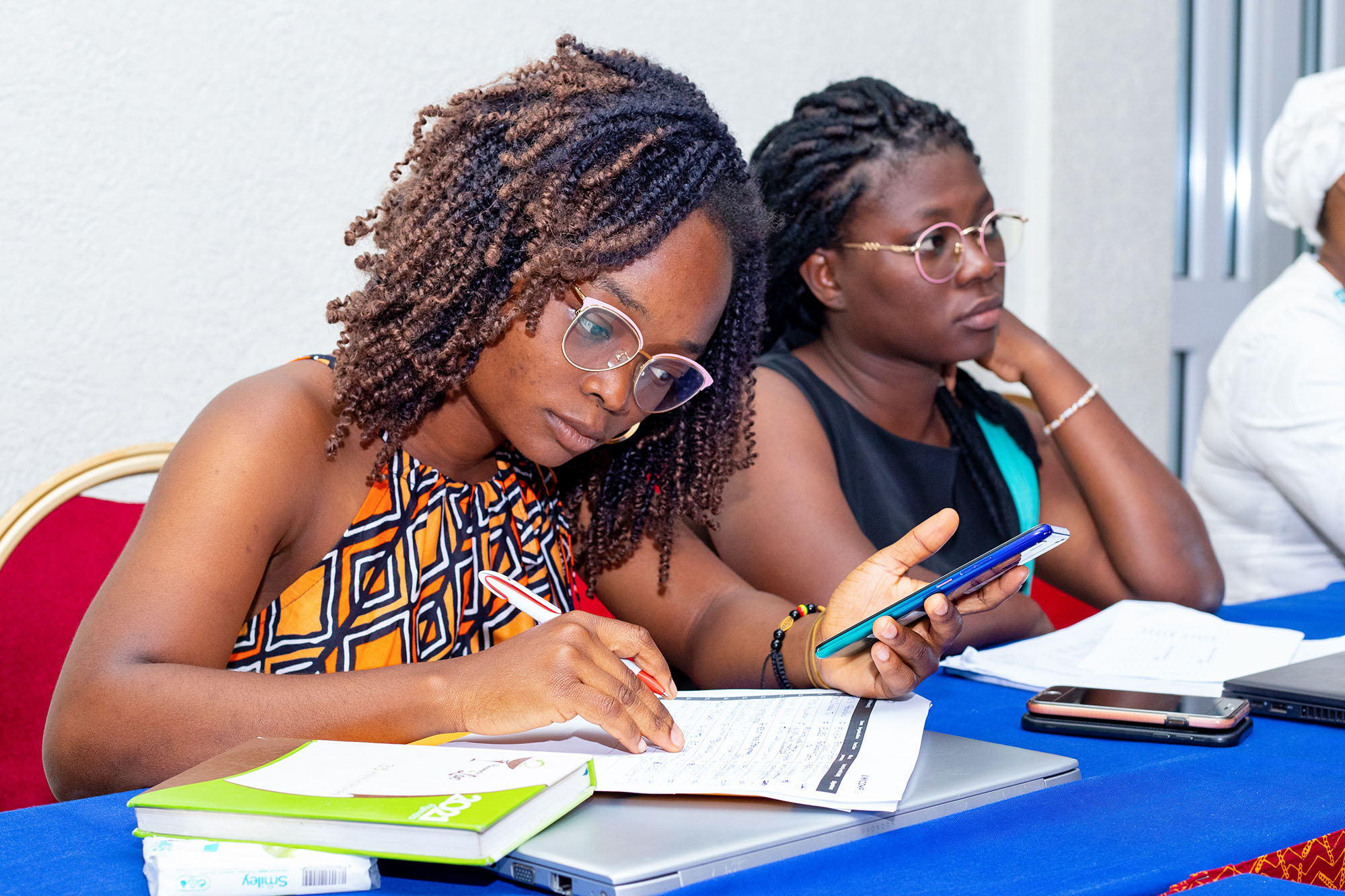News
28 October 2021
Enabel supports vaccine production in Senegal

Dakar, Senegal | The Minister of Development Cooperation and Major Cities Policy, Meryame Kitir, is making additional efforts to strengthen local vaccine production in Senegal. She made the announcement during a work visit to Senegal, where Enabel has been active in the health sector for years.
In September, our country donated 405,000 doses of COVID-19 vaccine to Senegal through COVAX. Minister Kitir now wants to go further and strengthen her cooperation with Senegal to support local vaccine production. She plans to provide 4 million euros for this purpose.
“Sharing our vaccines is important, but we also need to look for structural solutions that will allow everyone to have access to a vaccine as quickly as possible. By producing vaccines locally, we will ensure that the citizens on the African continent also have faster access to a vaccine,” says Kitir.
Belgium, through its development agency Enabel, has been working with Senegal for years to improve access to basic health care. Senegal has made significant efforts to improve the health sector in recent years and has established the development of the local pharmaceutical sector as a policy priority. Last month, a round table was organised to revive the pharmaceutical industry and to create a national medicines agency to validate imports and local production. Enabel played an active role in this conference to facilitate a transfer of knowledge between these Belgian actors and the parties involved in Senegal.
On the initiative of the Minister, Enabel organised the first Belgian roundtable in April of this year on the role our country can play in scaling up the production capacity of vaccines, medicines and medical equipment in Africa.
“Despite the scale of the COVID-19 pandemic, global production capacity is under used. This is mainly because the private sector is still too reluctant to share its knowledge and technology. However, this should not prevent us from doing everything we can to strengthen local production.” says Kitir.
The funds will be used to prepare the Senegalese public sector for more local production of, among others, COVID-19 vaccines.
Picture copyright: Belgian Ministry of Foreign Affairs





